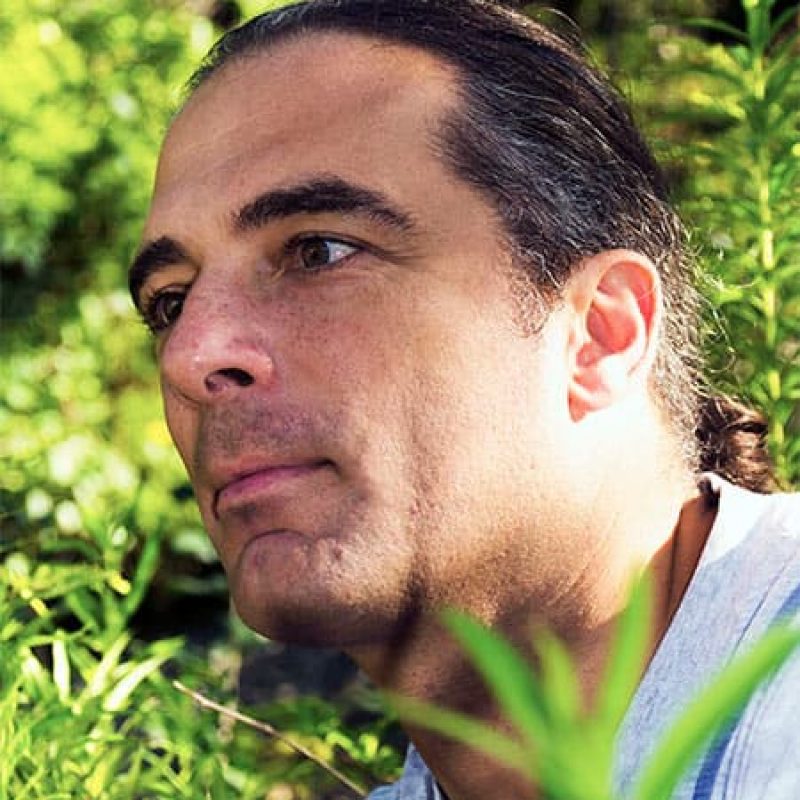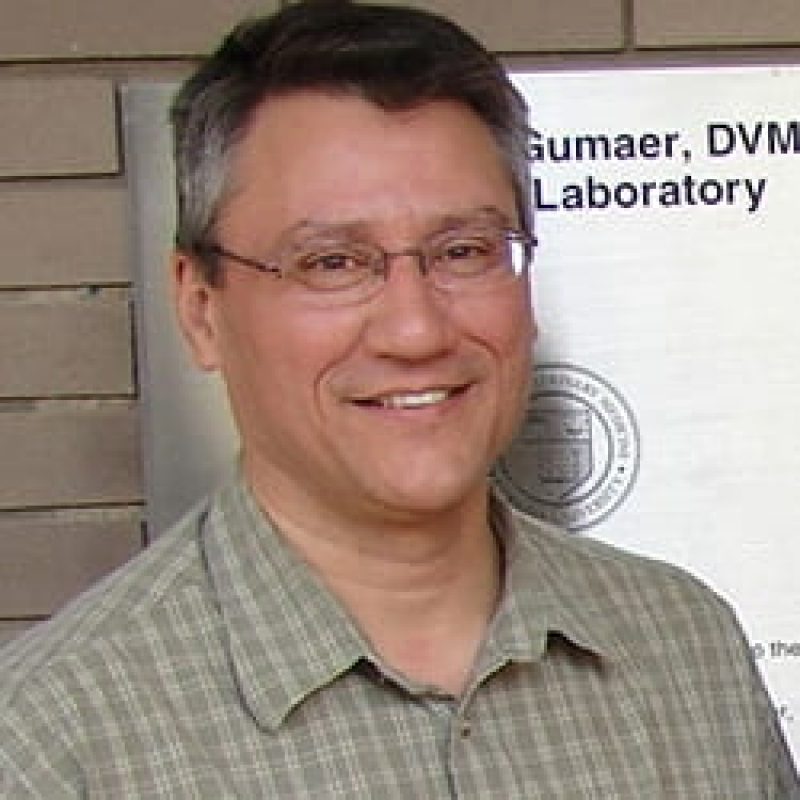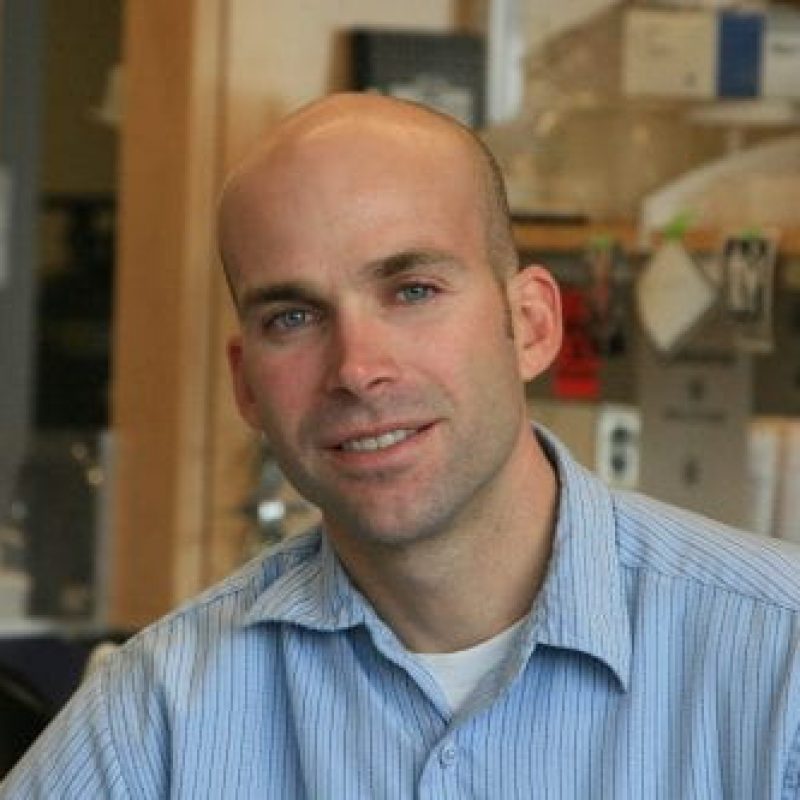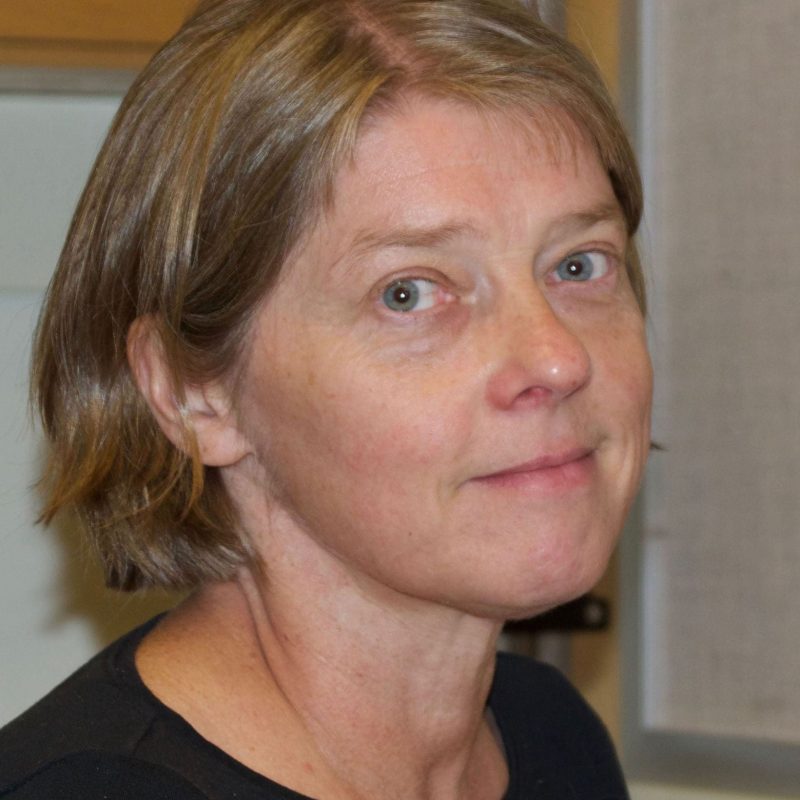Research Area: Microbiota and Microbiomes
-

Andre Kessler
The research in the Kessler Lab focuses on the ecology and evolution of plant chemical defenses (secondary metabolites) to pathogens and herbivores and the role of soil microbial communities to affect and be affected by plant secondary metabolism. Thus we try to understand how microbially-mediated[...] -

Gerald Duhamel
My research is focused on the eukaryotic cell DNA damage response (DDR) to a novel bacterial genotoxin called cytolethal distending toxin (CDT) within the context of intestinal disease of human and animals. I also have extensive experience in the development and assessment of laboratory animal[...] -

Andrew Clark
We study the molecular evolution and population genetics of the immune system in Drosophila and other insects, specifically focusing on comparative genomics and transcriptional regulation of the immune response. We also explore host genetic variation in microbiome composition and function in a large human twin study and[...] -

Maren Vitousek
My lab studies how stress and social interactions alter the biological state of organisms and their gut microbes. Much of our work uses free-living passerine birds as systems to test the gut microbial impacts of stress and social connectedness. Student projects will involve field work[...] -

Gillian Turgeon
The Turgeon lab works on mechanisms of fungal virulence to plants with particular emphasis on the roles of fungal secondary metabolites, iron and oxidative stress. Classical genetic, molecular genetic, and genomic approaches are used. -

Christine Smart
Two main areas of study in the Smart lab include identifying genes in bacterial pathogens that enable movement within a plant, and understanding the population diversity of rapidly reproducing oomycete pathogens. These studies enhance our knowledge of pathogen virulence determinants and further elucidate how plants[...] -

Brian Rudd
The Rudd lab is interested in how microbes alter immune development and how the adaptive immune system protects the host against acute and chronic pathogens. -

Angela Poole
The Poole Lab studies how factors like substrate availability and host genes influence the dynamics of symbiotic oral and gut microbial communities. Students will conduct in vitro studies on saliva samples to characterize the response of microbes to a panel of carbohydrate substrates. They will use bioinformatics[...] -

Joe Peters
The Peters lab studies microbial evolution via mobile genetic elements. We are interested in how mobile elements evolve new functions within host-associated bacteria. Students in the lab will develop skills in bioinformatics, molecular genetics, and biochemistry. An example student project is using sequencing data to[...] -

Teresa Pawlowska
We study the mechanisms underlying ecological interactions between fungi and bacteria. Student projects will focus on current work to characterize the bacteria associated with mycorrhizal fungi in poorly studied desert habitats in California and Israel. Students will learn culture and microscopy techniques, and phylogenetic analysis.
